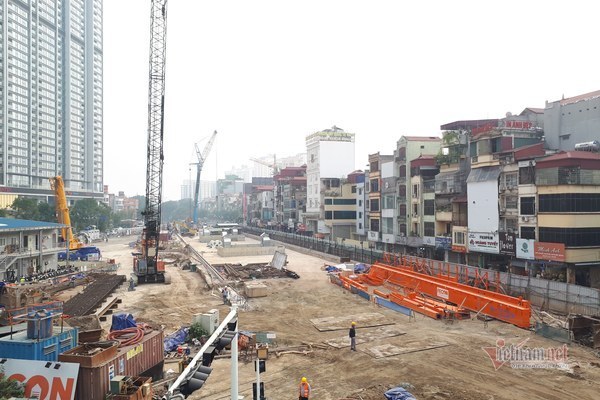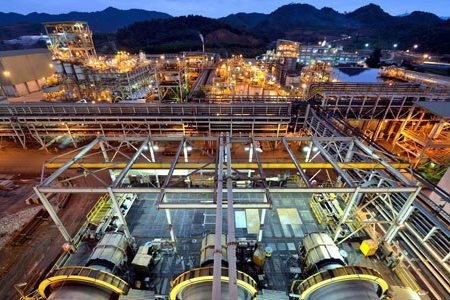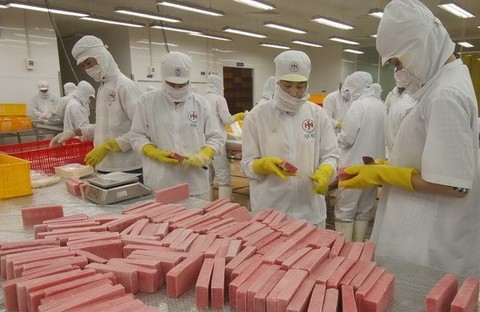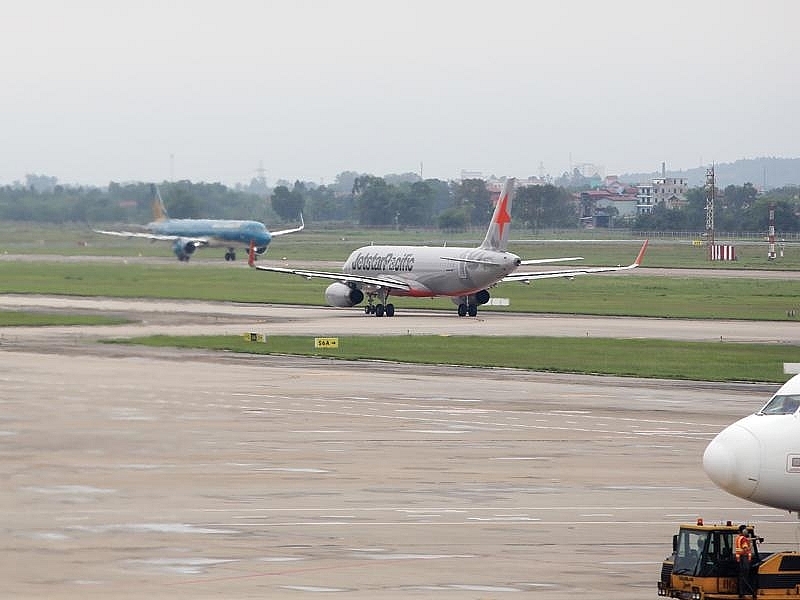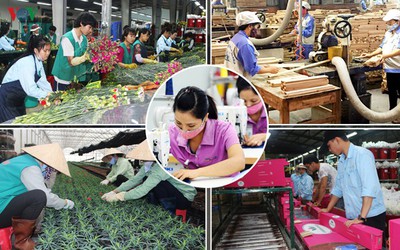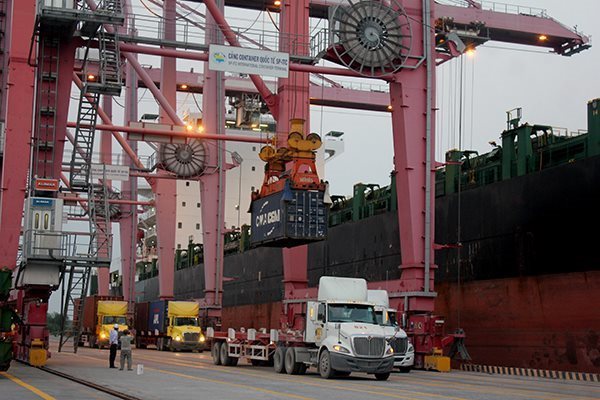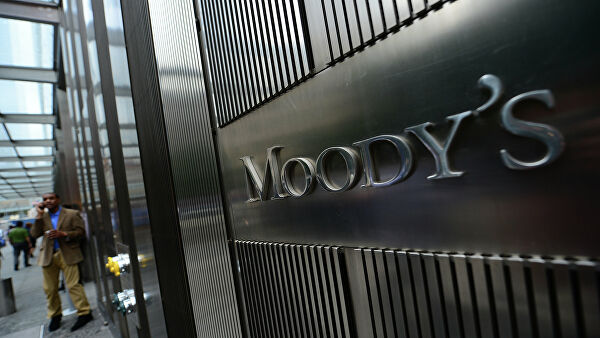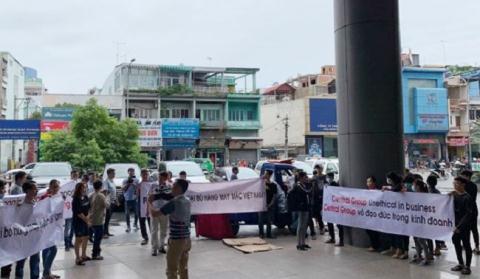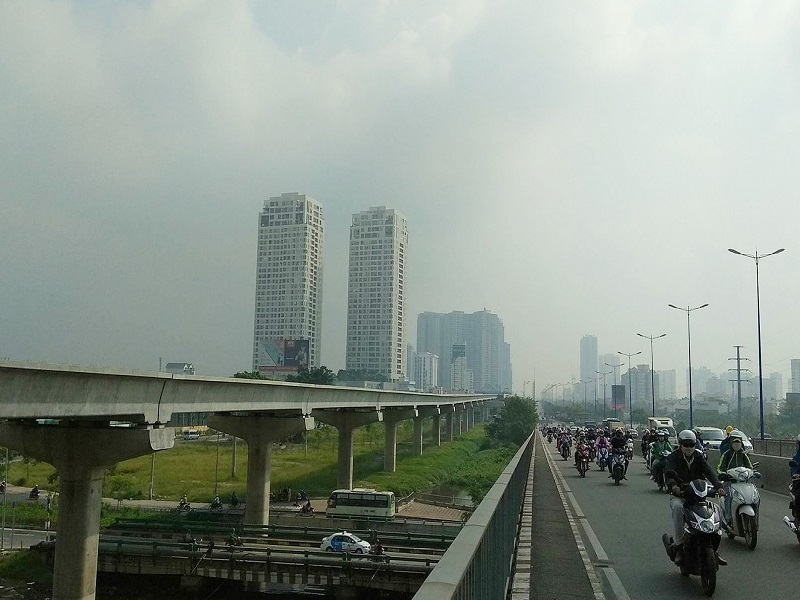- © Copyright of Vietnamnet Global.
- Tel: 024 3772 7988 Fax: (024) 37722734
- Email: evnn@vietnamnet.vn
MPI
Update news MPI
Public investment: thousands of projects cut, but total capital up by quadrillion VND
The total public investment capital has increased sharply in the 2021-2025 period compared with 2016-2020, but the number of projects has fallen significantly.
USAID and the MPI in tandem to push SME development
The Ministry of Planning and Investment has been carrying out its task as the foremost economic advisor and key policymaker of Vietnam with potent support from the US Agency for International Development (USAID).
Vietnam’s outward investment rebounds
 Outward investments, which fell for a short time because of Covid-19, resumed again after the social distancing policy ended.
Outward investments, which fell for a short time because of Covid-19, resumed again after the social distancing policy ended.
US and Viet Nam sign $42 million deal to strengthen bilateral partnership
 The US Agency for International Development (USAID) and Vietnam’s Ministry of Planning and Investment (MPI) on Wednesday virtually signed a US$42 million agreement to advance Vietnam’s economic competitiveness.
The US Agency for International Development (USAID) and Vietnam’s Ministry of Planning and Investment (MPI) on Wednesday virtually signed a US$42 million agreement to advance Vietnam’s economic competitiveness.
Financial dilemma over air strips of Noi Bai and Tan Son Nhat airports
 State management agencies are at a loss in finding suitable capital for improving the runways at Noi Bai and Tan Son Nhat international airports.
State management agencies are at a loss in finding suitable capital for improving the runways at Noi Bai and Tan Son Nhat international airports.
The sun still shines in Vietnam: World Bank
 Saying that ‘the sun is still shining above the Vietnamese sky’, the World Bank has also noted that the country should not ignore risks that could occur during bad times.
Saying that ‘the sun is still shining above the Vietnamese sky’, the World Bank has also noted that the country should not ignore risks that could occur during bad times.
New growth model for new decade
 In 2019, foreign direct investment attraction was a bright spot of Vietnam’s economic picture. It is expected to continue being one of the vital drivers of the country’s growth this year and beyond.
In 2019, foreign direct investment attraction was a bright spot of Vietnam’s economic picture. It is expected to continue being one of the vital drivers of the country’s growth this year and beyond.
More than 89,000 VN businesses leave market in 2019
 The number of businesses established in 2019 increased by 5.2 percent, but the number leaving the market rose more sharply, by 20.2 percent, compared with 2018.
The number of businesses established in 2019 increased by 5.2 percent, but the number leaving the market rose more sharply, by 20.2 percent, compared with 2018.
PM blamed ministries for Moody’s negative action
 Delay in paying government debts was due to the lack of seriousness of related government agencies in following the instruction of the prime minister.
Delay in paying government debts was due to the lack of seriousness of related government agencies in following the instruction of the prime minister.
Vietnam told not to entertain illusions about FDI
 Vietnam offers big incentives to foreign investors to attract investments, but the benefits from FDI have been modest, experts say.
Vietnam offers big incentives to foreign investors to attract investments, but the benefits from FDI have been modest, experts say.
FDI capital is not coming from the 'best' firms
 The best factories and companies from the US and Japan do not move to Vietnam, but to Malaysia, Thailand and Indonesia.
The best factories and companies from the US and Japan do not move to Vietnam, but to Malaysia, Thailand and Indonesia.
Disillusioned about FDI: experts
 If Vietnam doesn’t have a reasonable policy on using capital from FDI, it will have to pay a heavy price for it, experts say.
If Vietnam doesn’t have a reasonable policy on using capital from FDI, it will have to pay a heavy price for it, experts say.
Should SOEs make outward investments?
 Experts warn that if state-owned enterprises (SOEs) make outward investments, the state would lose capital.
Experts warn that if state-owned enterprises (SOEs) make outward investments, the state would lose capital.
Build-to-suit mini workshops favored by foreign enterprises
 Despite relatively high leasing fees, ready-made workshops are still being chosen by foreign investors, especially those from Japan and South Korea.
Despite relatively high leasing fees, ready-made workshops are still being chosen by foreign investors, especially those from Japan and South Korea.
What can Vietnam receive from Chinese investments?
 Chinese investment capital in the first four months of 2019 alone amounted to 70 percent of the investment capital in the entire year 2018.
Chinese investment capital in the first four months of 2019 alone amounted to 70 percent of the investment capital in the entire year 2018.
China now ranks first among foreign investors in Vietnam
 Of seven large projects registered in the first five months of 2019, five belonged to Chinese investors.
Of seven large projects registered in the first five months of 2019, five belonged to Chinese investors.
Public investment remains uncontrolled, like a restive horse
 The main reason for amending the Public Investment Law is ‘difficulty in the implementation’. Is this true?
The main reason for amending the Public Investment Law is ‘difficulty in the implementation’. Is this true?
Vietnam draws up control policy for foreign-invested enterprises
 Deputy PM Vuong Dinh Hue asked MOF to set up a mechanism to control the enterprises.
Deputy PM Vuong Dinh Hue asked MOF to set up a mechanism to control the enterprises.
Gov’t wants to adjust criteria for classification of important national projects
 Some economists warn that the higher investment capital for national important projects may make it more difficult to manage public projects and lend a hand to unnecessary use of state funds.
Some economists warn that the higher investment capital for national important projects may make it more difficult to manage public projects and lend a hand to unnecessary use of state funds.
Vietnam to be more selective in giving incentives to FIEs
 The Ministry of Planning and Investment (MPI) says it will change the current policy on attracting and using FDI and begin to offer investment incentives more selectively.
The Ministry of Planning and Investment (MPI) says it will change the current policy on attracting and using FDI and begin to offer investment incentives more selectively.
